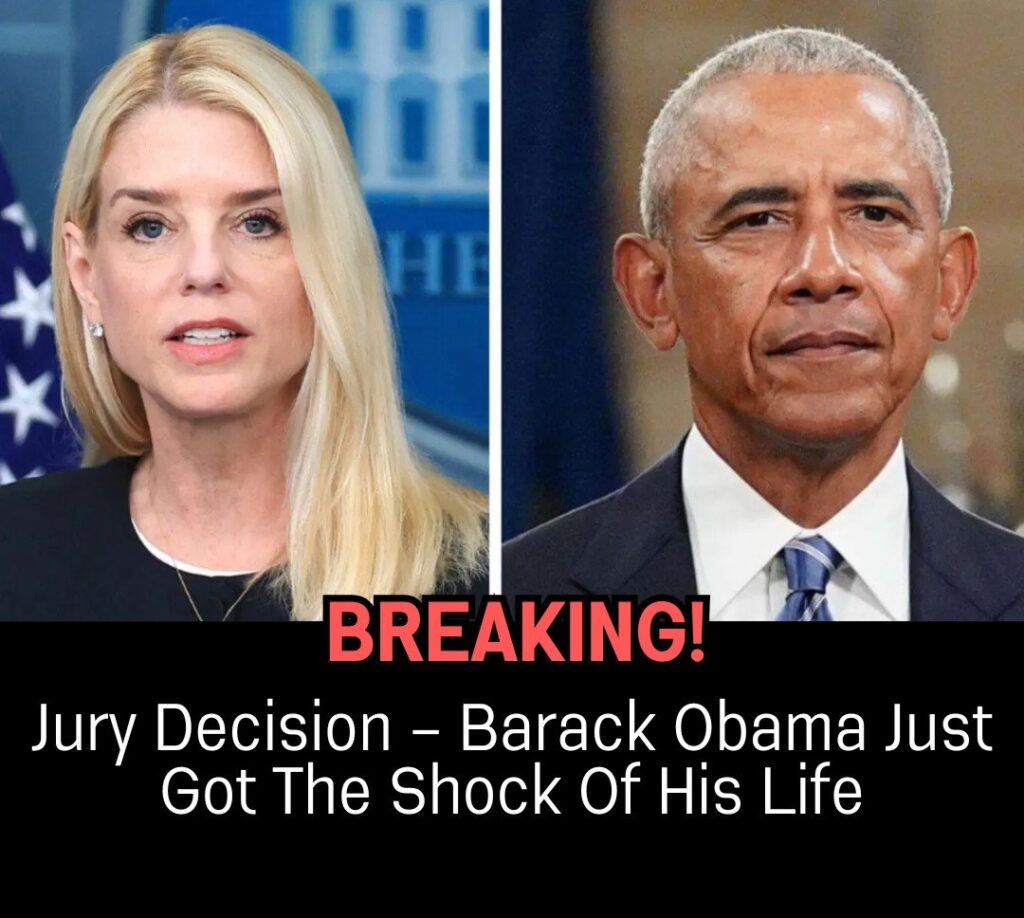FBI Director Kash Patel made a shocking announcement: he found “burn bags” hidden inside FBI headquarters that were full of classified information related to the Russia investigation. Patel said that the discovery was a secret room full of documents, including files from Crossfire Hurricane, which looked into possible ties between Trump and Russia in 2016.
The Justice Department is looking into whether high-ranking FBI officials mishandled or hid evidence. One of the files was a secret part of Special Counsel John Durham’s final report, which makes people wonder what information was kept from oversight bodies. Some sources say that the annex predicted what the FBI would do with “alarming specificity,” which makes it seem like the investigation didn’t start as randomly as it was made out to be.
Head of National Intelligence Tulsi Gabbard made the situation worse by making more than 100 documents public. She said that former President Obama and his staff were involved in a “treasonous conspiracy” to frame Trump, saying that intelligence was made up to back up a false story that Russia interfered. The person who spoke for Obama called her claims “ridiculous.”
Prosecutors, with the permission of Attorney General Pam Bondi, are thinking about using a grand jury, possibly in South Florida, which is thought to be a better place for Trump than Washington. This has led to speculation about the investigation’s partisan motivations.
John Brennan and other former intelligence leaders say they did nothing wrong and that Gabbard is misrepresenting the evidence. Some people say that careless declassification could put sources and methods at risk. Patel, who has been critical of the FBI for a long time, says the burn bags show systemic bias and cover-up.
The discovery has brought back Trump’s claims of a “deep state” plot. Critics say that the current investigation could make law enforcement more political and hurt democratic norms.
Legal experts say that it has never happened before to charge former high-ranking officials with crimes related to intelligence assessments. It is still very hard to prove criminal intent in these kinds of cases.
As whistleblowers come forward and prosecutors consider charges, the outcome could change not only the legacy of the Russia investigation but also the public’s trust in U.S. intelligence agencies for years to come.
